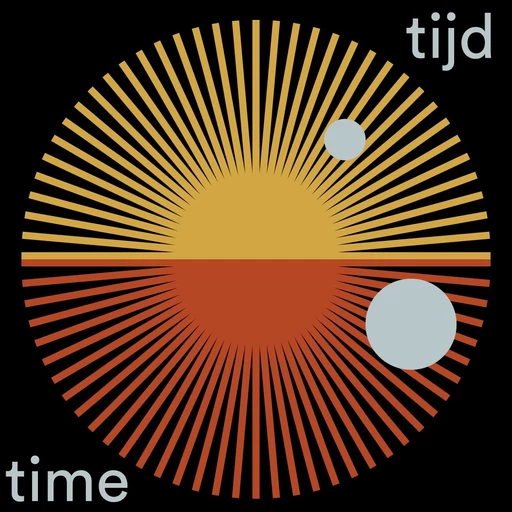
TIME: the impact of time (pressure) on authorship
TIME: the impact of time (pressure) on authorship was the main theme of ArtEZ Studium Generale for the 2023/2024 academic year. How do we ensure that making does not increasingly fall prey to the laws of capitalization?
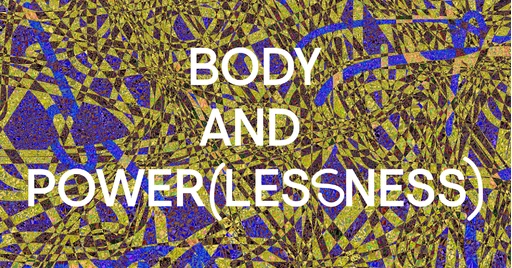
Body and power(lessness)
Body and Power(lessness): How and to what extent are we free to express ourselves? In the academic year 2021-2022, ArtEZ Studium Generale developed a series of workshops, lectures and publications, inviting us to engage in questions about body and power. What happens when we realise that we have less control over bodies than we ought to have?
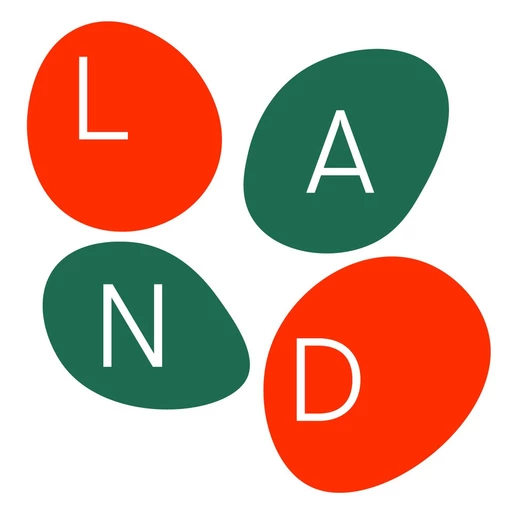
LAND: about climate breakdown, ownership, territory and colonialism
LAND: about climate breakdown, ownership, territory and colonialism was the main theme of ArtEZ Studium Generale for the 2020/2021 academic year. Can we understand how we have ended up in the present precarious situation?
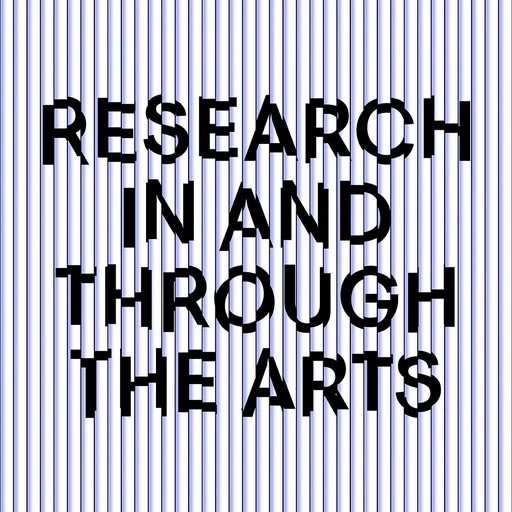
Research in and through the arts
Research in and through the arts is a topic that ArtEZ Studium Generale has been exploring for several years. Approaches to research in the arts are highly diverse. On this theme, a variety of materials has been published and curated on this area of inquiry: from podcasts about the role of research at art schools to research projects by students and staff at ArtEZ.
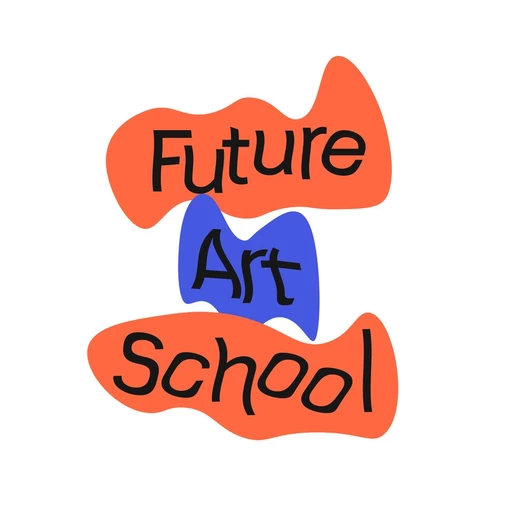
Future Art School
Future Art School is a Topic that ArtEZ Studium Generale has been working on for several years. Are the institutions in which artists are trained still appropriate for the new systems, questions and relations we need in the future? Essays and podcasts have been created on this theme, and various lectures and workshops have been organised. Here you will find an overview of all the material that Studium Generale has published and curated on this branch of research.
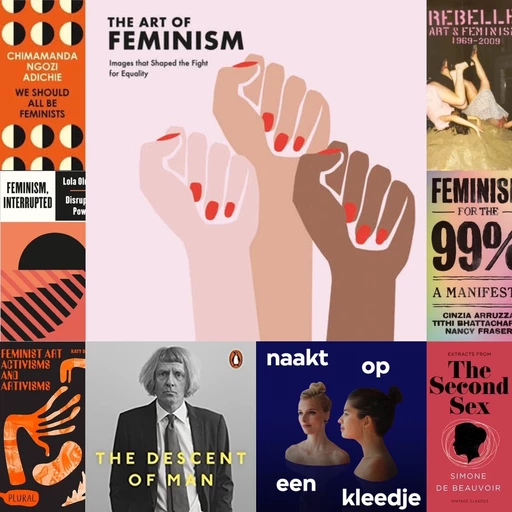
Feminism
Feminism is a Topic that ArtEZ Studium Generale has been working on for several years. The underrepresentation and misrepresentation of women artists, non-binary and genderqueer artists in the Dutch art world is undeniable. Essays and podcasts have been created on this theme, and various lectures and workshops have been organised. Here you will find an overview of all the material that Studium Generale has published and curated on this branch of research.
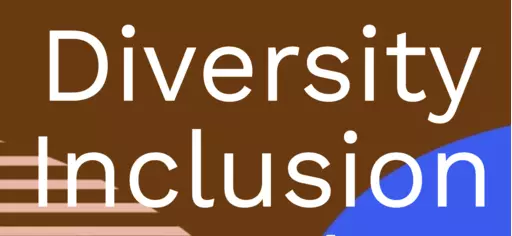
Diversity, Equity & Inclusion (DEI)
Diversity, Equity & Inclusion (DEI) is a topic that ArtEZ Studium Generale has been working on for several years. Diversity, Equity & Inclusion (DEI) encompasses the symbiotic relationship, philosophy, and culture of acknowledging, embracing, supporting, and accepting those of all racial, sexual, gender, religious and socioeconomic backgrounds, among other differentiators.
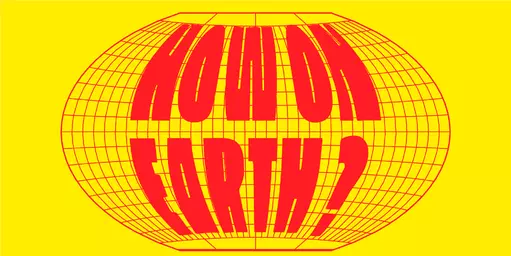
Climate Breakdown
In Climate Breakdown, we engage with new theories and artistic practices on visual practices, climate activism and decolonial practices. In what ways can art(education) foster and challenge the way we understand, cope, and rethink the causes and consequences of climate breakdown? How can we create and imagine in times of ecological crisis? How do artists, filmmakers, writers and activist challenge and navigate the demobilizing power of the fossil fuel industry and racial capitalism that feels equally all-encompassing, abstract and yet persuasive? How do they take part in building social movements and artistic practices along with decolonial activists?
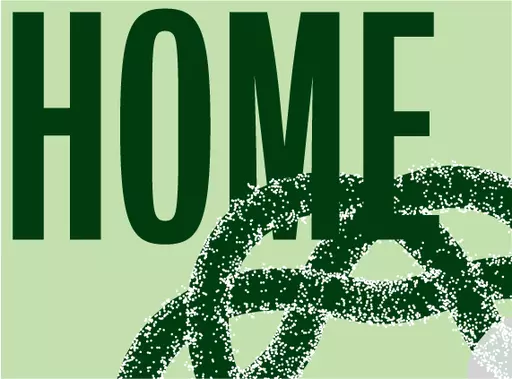
Home & Belonging
In the topic Home & Belonging, we explore how we can find solidarity and connection through art. Finding your place in an existing group or community is a universal experience. Whether you’ve just arrived in a new city, workplace, or country, you may be welcomed with open arms, or feel like you have to fight for your place.
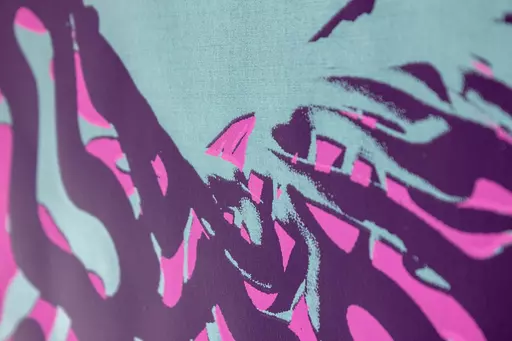
Identity
Identity is not fixed. It shifts and evolves, shaped by our roots, our relationships, and the changing world around us. In an era of migration, social media, and growing self-awareness, we ask: how is our identity formed? What roles do origin, gender, culture, and connection play in who we are—and who we might become?

Activism
Activism is about using your voice—and your (artistic) work—to make a difference. Whether it’s standing up to oppressive systems, fighting for climate justice, or pushing for equal rights, artists and thinkers have long play a vital role in reshaping the world.
In this topic, you'll discover powerful contributions from artists and thinkers who use their practice as a tool for change. How will you use yours?

War & Conflict
What role can art play in a world marked by conflict and uncertainty? This topic reflects on the impact of war, chaos and crisis — not only on society at large, but also on the personal lives and practices of artists. It explores how conflict shapes culture, identity, and artistic expression, and asks whether art can offer new ways of seeing, understanding, or even transforming the world around us. How to navigate — and respond to — a complex and often confronting reality by actively questioning our own role as makers, thinkers and human in turbulent times.
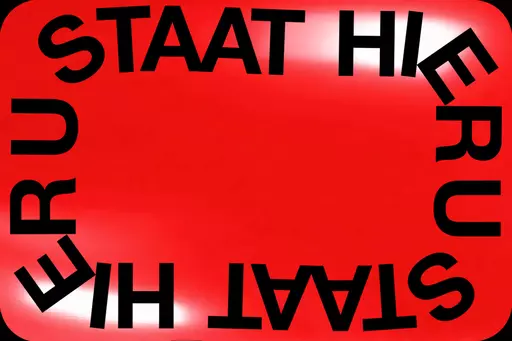
The City
A one-day event about the city; With more than half of the world’s population now living in urban areas, questions around (public)space, inequality, sustainability, safety and coexistence are more pressing than ever. How can we explore the city not just as a place to live, but as a canvas, a community, and a challenge. How can we queer the space, how can we meet each other in the city and who owns the city? In 2016, ArtEZ Studium Generale invited various guests to reflect on how we shape the city and how the city shapes us.
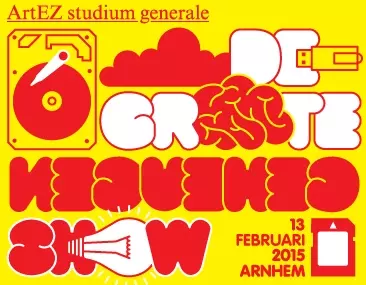
Memory and remembering
How are we bound to memories and remembering? How do we sense and animate the relationship between the imprints of our past and the present, between the personal and the collective histories, and between death and ancestral lives through dance, poetry, storytelling and the arts?

Technology
In lineage of the notorious novel Frankenstein: the Modern Prometheus written by Marry Shelley in 1818, the invited futurologists, artists, designers and writers engage us to think about what we are and who we are, if not our deeply rooted fears and curiosity for the uncanny symbiosis between man and technology.
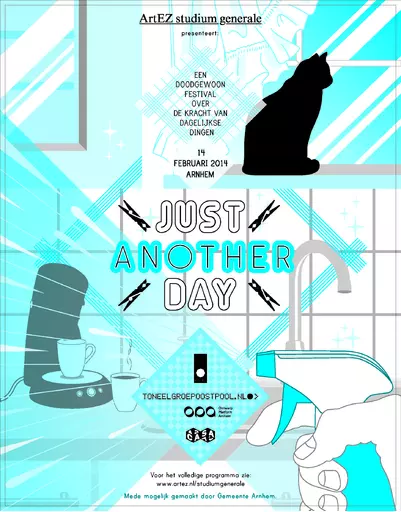
Our daily lives
A one-day event about our our everday existence; as a subject and an endless source of inspiration. In 2014, ArtEZ Studium Generale invited various guests to reflect on: the patterns, rituals, encounters, and events of our daily lives. For some they are familiair and self-evident, for others they are mysterious and obscure.
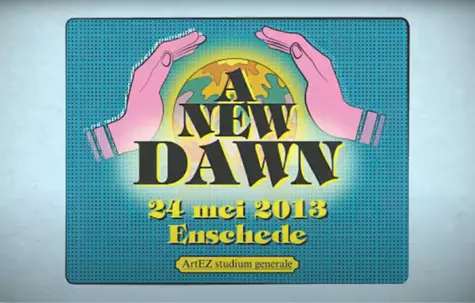
Metamodernism
A one-day event dedicated to metamodernism, exploring how metamodernists seek fresh approaches to life. Combining modern idealism and postmodern skepticism, they invite us to go back to basics.
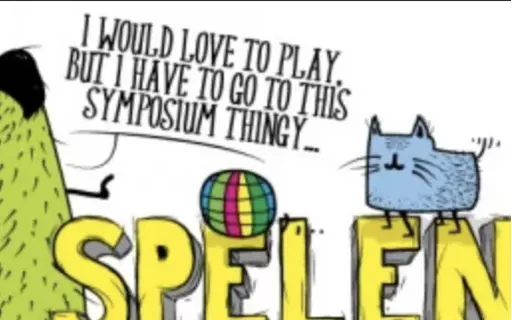
Homo Ludens
In 2012, ArtEZ Studium Generale hosted a one-day event centered around Homo Ludens—the idea of the human being as a fundamentally playful creature. A diverse group of guests was invited to explore how play shapes many dimensions of our daily lives, from sports like football to the unspoken rules of dress codes and workplace etiquette.